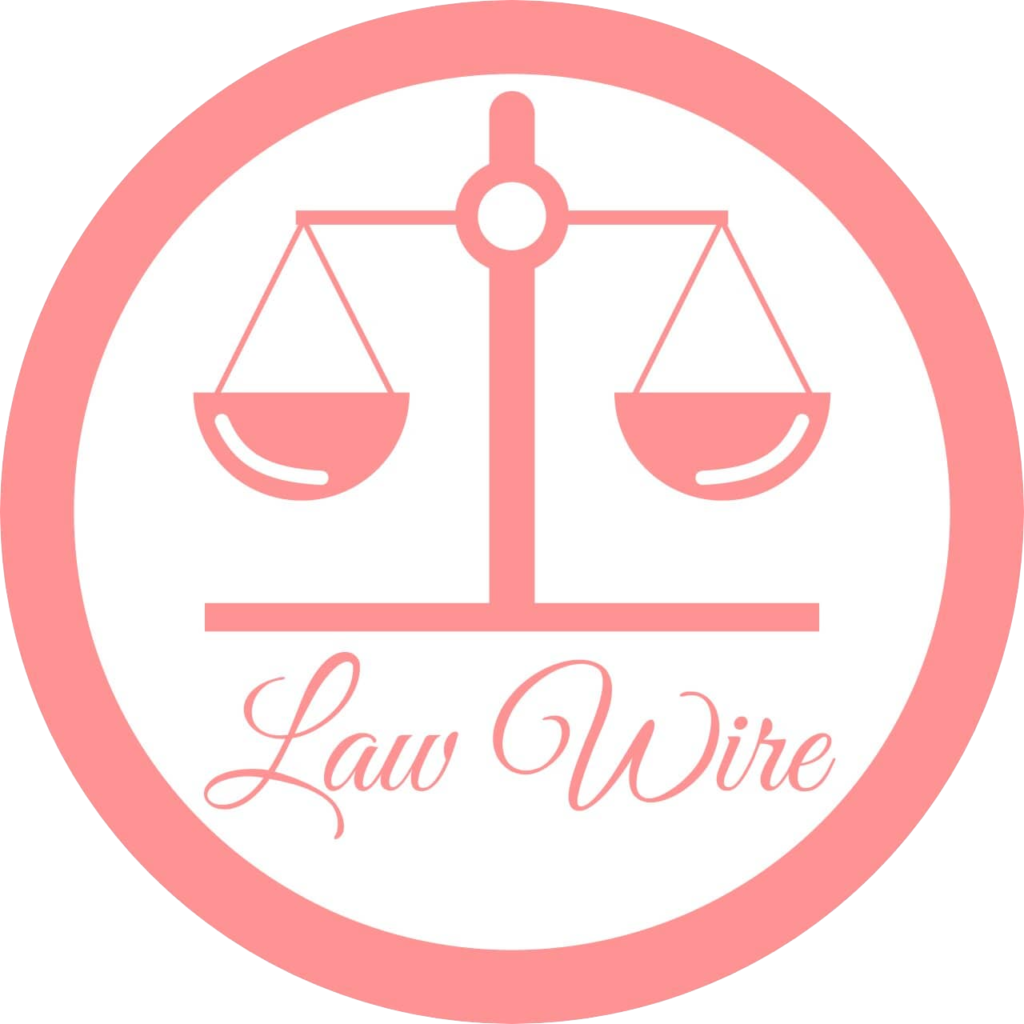Section 161:
[Public servant taking a gratification other than legal remuneration, in respect of an official act.] Rep. by the Prevention of Corruption Act, 1988 (49 of 1988), s. 31.
Section 162:
[Taking a gratification, in order, by corrupt or illegal means, to influence a public servant.] Rep. by s. 31, ibid.
Section 163:
[Taking a gratification for the exercise of personal influence with a public servant.] Rep. by s. 31, ibid.
Section 164:
[Punishment for abetment by public servant of the offences above defined.] Rep. by s. 31, ibid.
Section 165:
[Public servant obtaining any valuable thing, without consideration, from person concerned in any proceeding or business transacted by such public servant.] Rep. by s. 31, ibid.
Section 165A:
[Punishment for abetment of offences defined in section 161 or section 165.] Rep. by the Prevention of Corruption Act, 1988 (49 of 1988), s. 31.
Section 166: Public servant disobeying law, with intent to cause injury to any person.—
Whoever, being a public servant, knowingly disobeys any direction of the law as to the way in which he is to conduct himself as such public servant, intending to cause, or knowing it to be likely that he will by such disobedience, cause injury to any person, shall be punished with simple imprisonment for a term which may extend to one year, or with fine, or with both.
Section 166A: Public servant disobeying direction under law.—
Whoever, being a public servant,—
(a) knowingly disobeys any direction of the law which prohibits him from requiring the attendance at any place of any person for the purpose of investigation into an offence or any other matter, or
(b) knowingly disobeys, to the prejudice of any person, any other direction of the law regulating the manner in which he shall conduct such investigation, or
(c) fails to record any information given to him under sub-section (1) of section 154 of the Code of Criminal Procedure, 1973 (2 of 1974), in relation to cognizable offence punishable under section 326A, section 326B, section 354, section 354B, section 370, section 370A, section 376, section 376A, section 376AB, section 376B, section 376C, section 376D, section 376DA, section 376DB, section 376E or section 509,
shall be punished with rigorous imprisonment for a term which shall not be less than six months but which may extend to two years, and shall also be liable to fine.
Section 166B: Punishment for non-treatment of victim.—
Whoever, being in charge of a hospital, public or private, whether run by the Central Government, the State Government, local bodies or any other person, contravenes the provisions of section 357C of the Code of Criminal Procedure, 1973 (2 of 1974), shall be punished with imprisonment for a term which may extend to one year or with fine or with both.
Section 167: Public servant framing an incorrect document with intent to cause injury.—
Whoever, being a public servant, and being, as such public servant, charged with the preparation or translation of any document or electronic record, frames, prepares or translates that document or electronic record in a manner which he knows or believes to be incorrect, intending thereby to cause or knowing it to be likely that he may thereby cause injury to any person, shall be punished with imprisonment of either description for a term which may extend to three years, or with fine, or with both.
Section 168: Public servant unlawfully engaging in trade.—
Whoever, being a public servant, and being legally bound as such public servant not to engage in trade, engages in trade, shall be punished with simple imprisonment for a term which may extend to one year, or with fine, or with both.
Section 169: Public servant unlawfully buying or bidding for property.—
Whoever, being a public servant, and being legally bound as such public servant, not to purchase or bid for certain property, purchases or bids for that property, either in his own name or in the name of another, or jointly, or in shares with others, shall be punished with simple imprisonment for a term which may extend to two years, or with fine, or with both; and the property, if purchased, shall be confiscated.
Section 170: Personating a public servant.—
Whoever pretends to hold any particular office as a public servant, knowing that he does not hold such office or falsely personates any other person holding such office, and in such assumed character does or attempts to do any act under colour of such office, shall be punished with imprisonment of either description for a term which may extend to two years, or with fine, or with both.
Section 171: Wearing garb or carrying token used by public servant with fraudulent intent.—
Whoever, not belonging to a certain class of public servants, wears any garb or carries any token resembling any garb or token used by that class of public servants, with the intention that it may be believed, or with the knowledge that it is likely to be believed, that he belongs to that class of public servants, shall be punished with imprisonment of either description for a term which may extend to three months, or with fine which may extend to two hundred rupees, or with both.
IMPORTANT CASE LAWS
1. Trade
State of Gujarat v. Maheshkumar Dhirajlal Thakkar, (1980) 2 SCC 322: “The word “trade” in its narrow popular sense means “exchange of goods for goods or for money with the object of making profits”. In its widest sense, it includes any business carried on with a view to earn profit (see Halsbury’s Laws of England, Vol. 32, para 487).”
